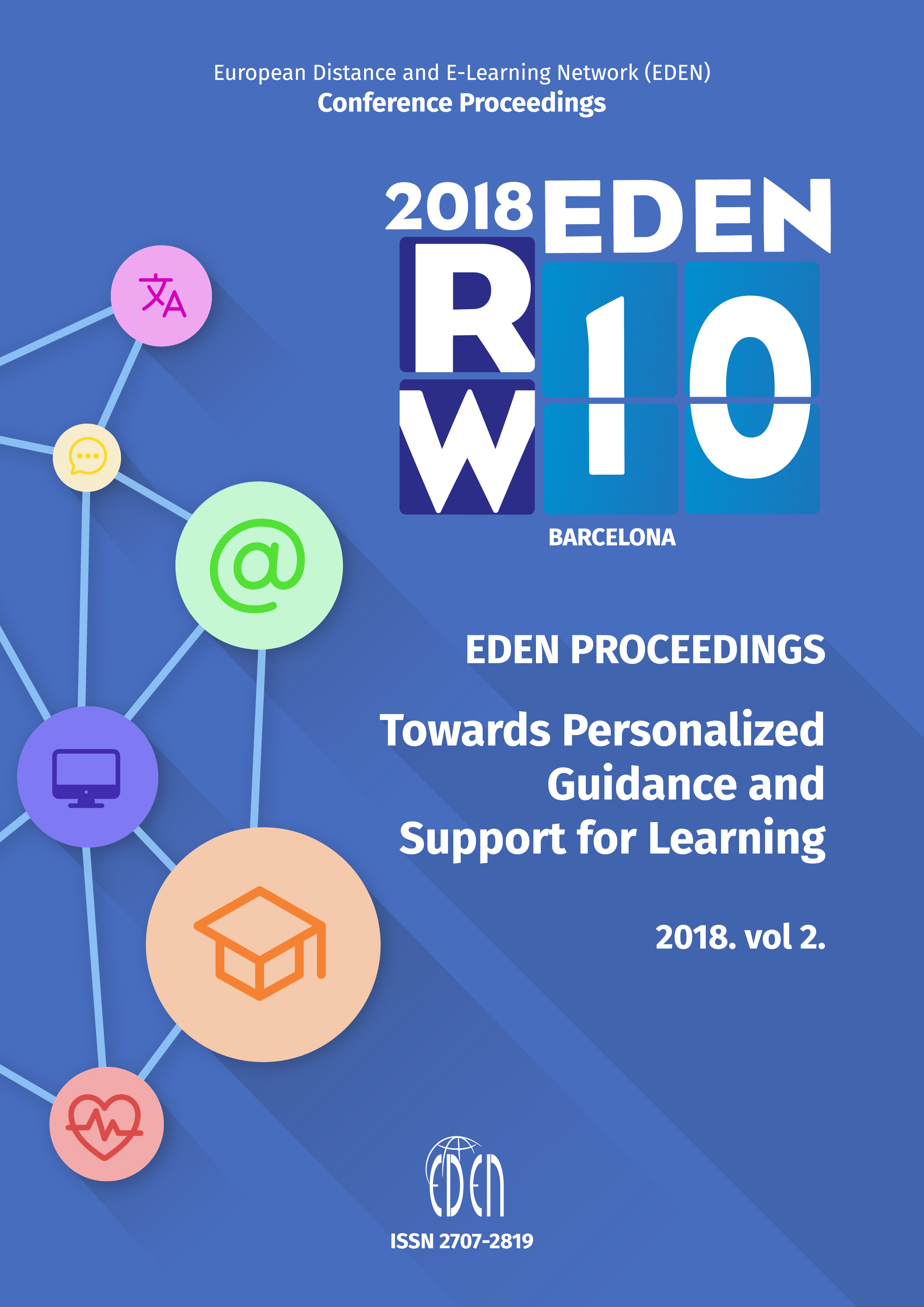Rethinking Assessment Potential in Massive Open Online Courses to Support Student Learning: The Experts’ Point of View
Rethinking Assessment Potential in Massive Open Online Courses to Support Student Learning: The Experts’ Point of View
Author(s): Maite Fernandez-FerrerSubject(s): Social Sciences, Education, Higher Education
Published by: European Distance and E-Learning Network
Keywords: Assessment and evaluation; Distance and e-learning methodology; Learning analytics; MOOCs; Online learning environments and platforms
Summary/Abstract: In recent years, the need to rescan distance education as a future strategy for higher education institutions has been called for. 2012 was the year in which Massive Open Online Courses were the trend for excellence in the world of online education, and from 2013, they began to find themselves among the emerging technologies on the horizon for the following years, and as a learning modality that represented an important development in open education. Thus, MOOCs are presented as an appropriate, current and emerging topic and, moreover, they are of great importance and relevance in the context of learning designs in higher education. This paper specifically focuses on the subject of assessment for learning in the context of MOOCs through the findings relating to experts in online assessment interviews with the participation of 13 university professors at Spanish level. These results are divided into two sub headings: the assessment strategies in MOOCs and the strategies, tools and practices for formative assessment from these experts’ point of view. Personalized learning, adaptive teaching, formative assessment and feedback are the main and most recurrent themes analysed in the context of this research that is part of a doctoral thesis.
Journal: European Distance and E-Learning Network (EDEN) Conference Proceedings
- Issue Year: 2018
- Issue No: 2
- Page Range: 223-231
- Page Count: 9
- Language: English

